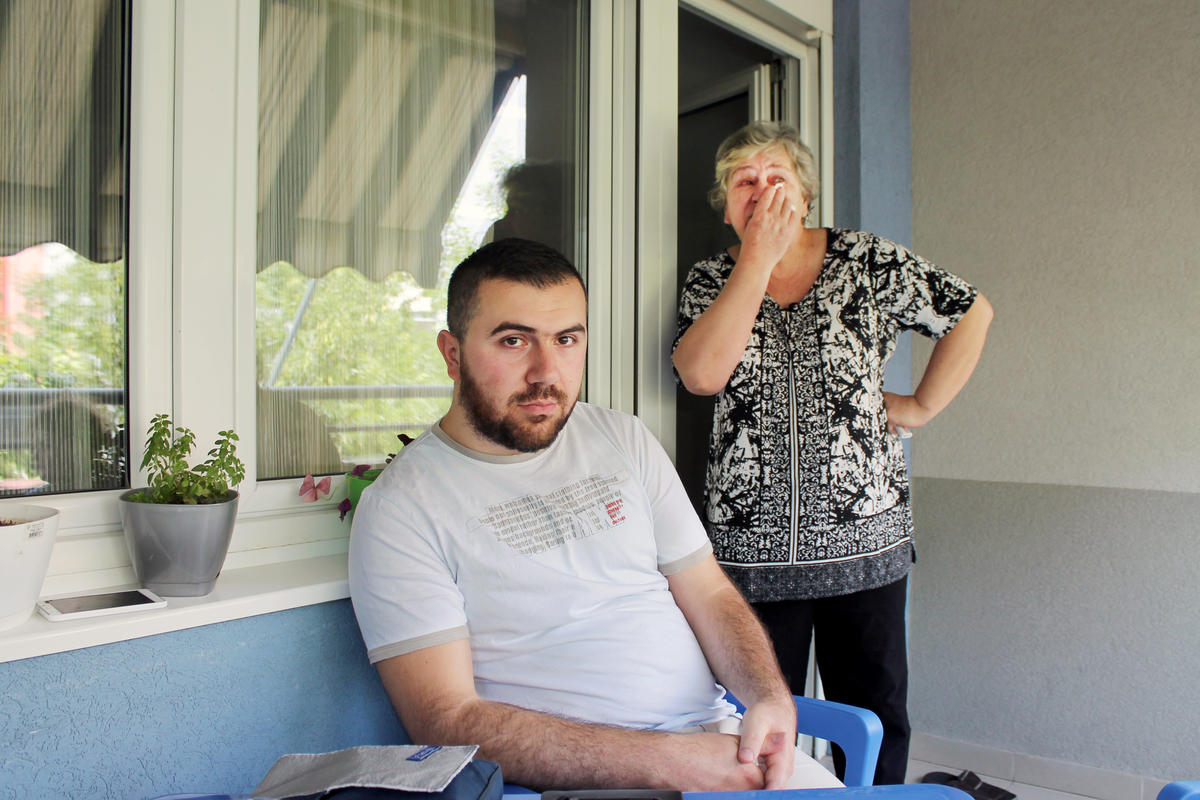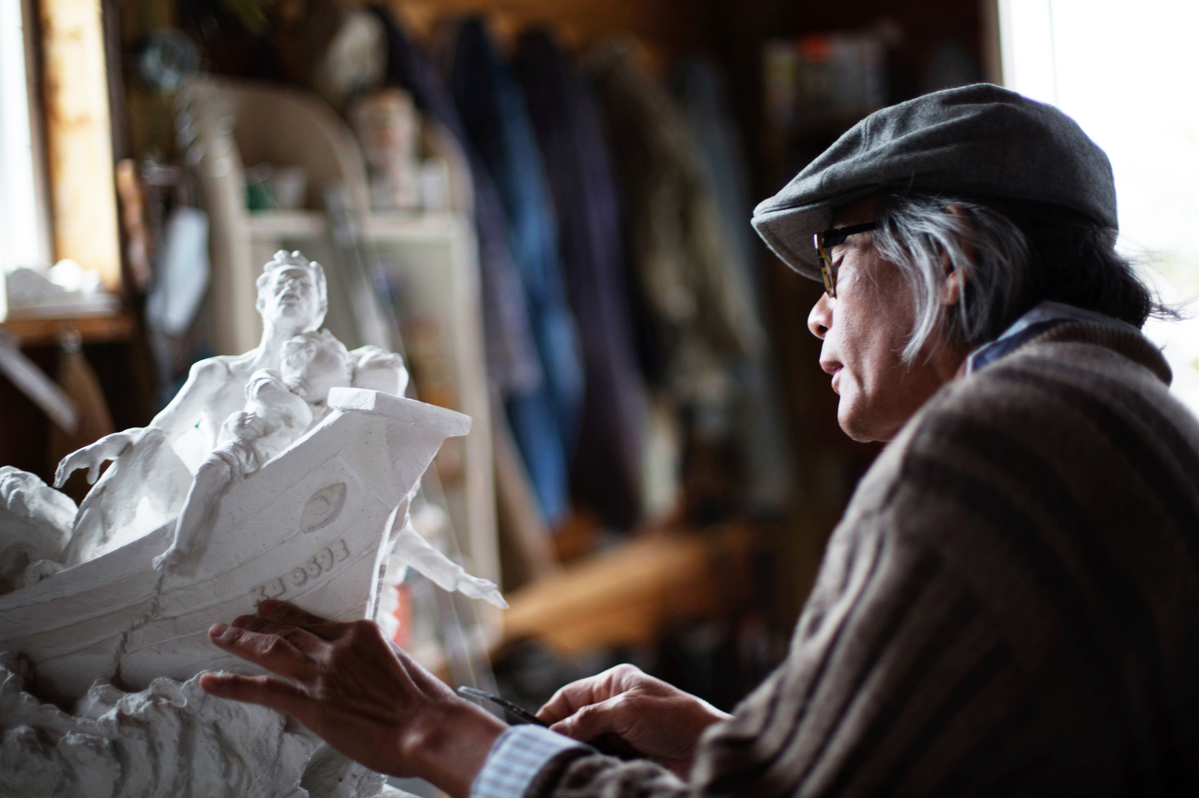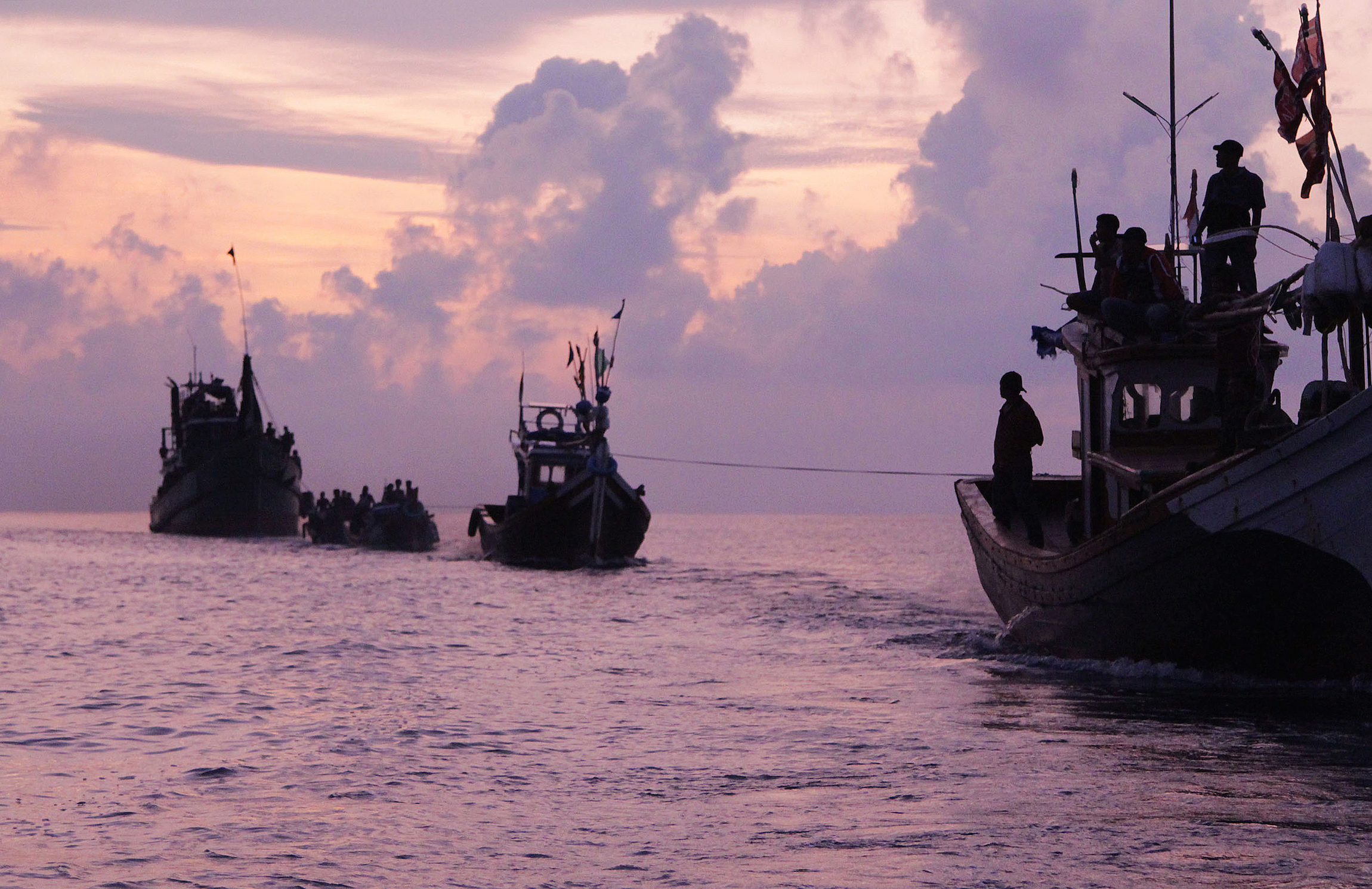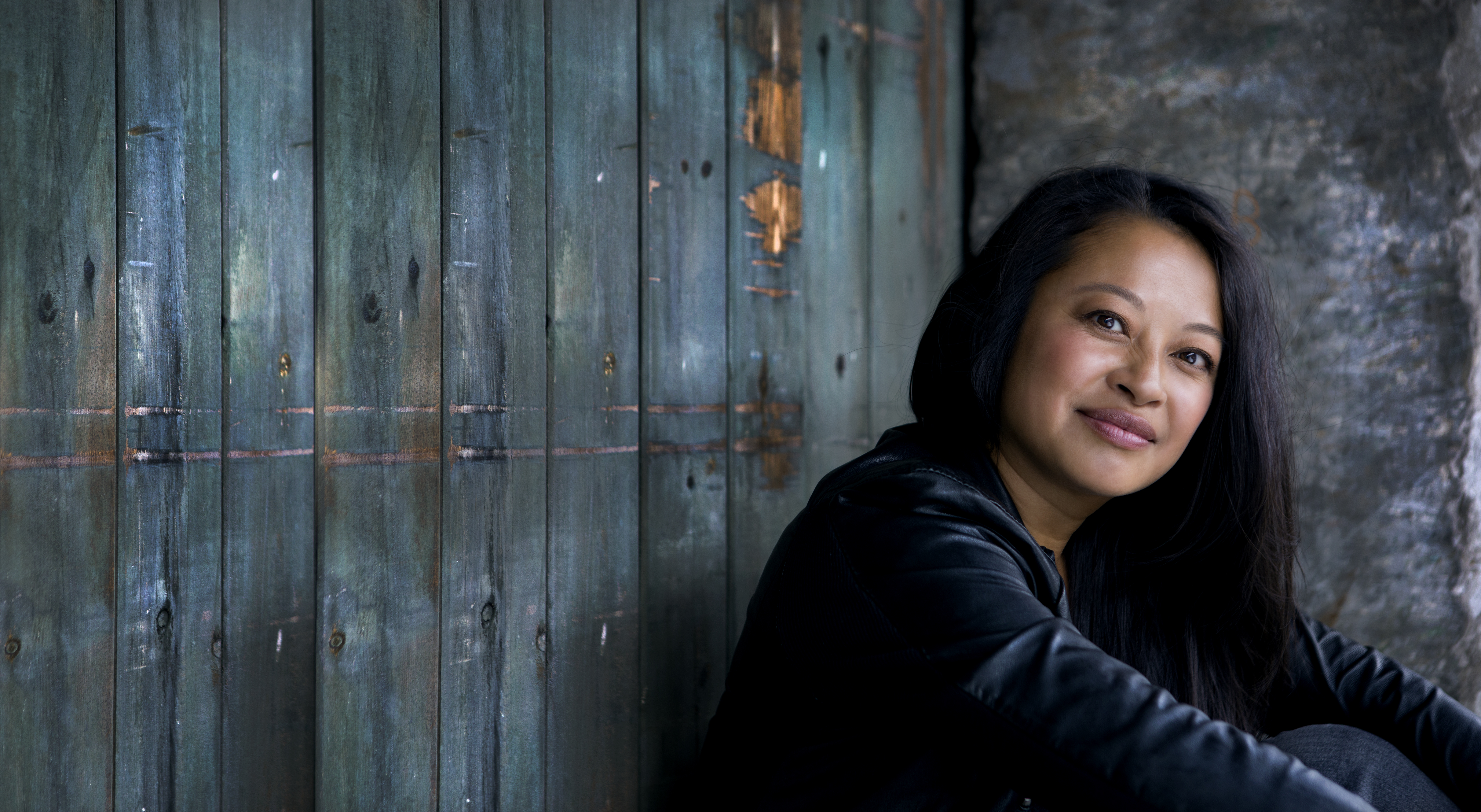Viet Nam Montagnards: UNHCR rejects HRW report allegations
Viet Nam Montagnards: UNHCR rejects HRW report allegations
On Wednesday, Human Rights Watch (HRW) released a report that was picked up by the wires and others on the situation of the Montagnards in Viet Nam. The report alleged that Vietnamese authorities have been detaining, interrogating and even torturing Montagnard asylum seekers who returned to Viet Nam from Cambodia. The report urged UNHCR to review its participation in the return exercise, called our monitoring 'flawed' and said our public statements appeared to be 'calculated' to gain greater access to Viet Nam's Central Highlands, the Montagnards' place of origin.
Frankly, we find the report unbalanced and reject its accusations. The allegations do not tally with our first-hand experience of the Montagnard caseload in Cambodia, nor with our 12 monitoring missions to visit returnees in the Central Highlands of Viet Nam. Those missions continue. Nor do they tally with the visits of foreign diplomats, regional bodies and other respected human rights advocates. The HRW report draws very generalised conclusions from essentially the accounts of five people whose stories cannot be verified by any objective means.
Under the terms of an agreement signed in Hanoi in January 2005 between UNHCR, Viet Nam and Cambodia, Montagnards who had arrived in Cambodia and were recognised as refugees could either be resettled to a third country or return to Viet Nam. Viet Nam guaranteed they would not be punished, discriminated against or prosecuted for illegal departure. We take any allegations of mistreatment given to us by reputable groups seriously. To the extent possible, we follow them up and will continue to do so. Our monitoring missions have not revealed the serious mistreatment alleged in the report. Ensuring there was no official presence during the discussion, we have visited people around whom there had been claims of mistreatment. But, the allegations, passed on to us by human rights groups, could not be substantiated.
We have now visited more than 64 percent of all returnees, many of them several times. Based on what we have heard, what we have been told, and what we've seen for ourselves, we have no reason to change our previous assessment of the situation of the returnees. The allegations contained in the HRW report are not new to UNHCR. HRW relies heavily on the testimony of two 'double backers' who returned to Viet Nam, then left again for Cambodia claiming they were tortured and interrogated in Viet Nam. We have had contact with these people and found discrepancies between accounts they related to us and to HRW. There have been no similar allegations of mistreatment from any other returnees, who now total 102 voluntary returnees and 94 deportees. We are aware of the arrest of one returnee, on what we understand are people smuggling charges. We have asked the authorities for access and are still awaiting a response.
We reject the accusation made in the report that we made public statements praising Viet Nam's treatment of returnees in order to gain greater access. We have absolutely no reason to do so. Our public statements have reflected the reality we found on the ground. We will continue to report what we find in an objective manner.
There's been a steady improvement in the conditions of UNHCR monitoring missions. The first missions precluded discussions not in the presence of officials. Even so, it was possible to get a basic understanding of the living circumstances of the returnees - such as whether or not they had been able to resume their normal life style. More recently, access conditions have eased considerably and UNHCR is able to meet people in villages of our choice, without prior notice and in the privacy of returnees own homes without the immediate presence of any Vietnamese officials.
In the report, HRW recycles a version of events surrounding a deportation from Cambodia in July 2005 of rejected asylum seekers, claiming unwarranted violence. This is factually incorrect and we do not share this assessment as we have previously stated publicly. We had five staff members present during this return exercise and they did not witness any beatings or unwarranted violence.
UNHCR has a specific role under the 2005 Hanoi agreement to monitor the situation of Montagnard returnees to Viet Nam. The agreement was not for an overall human rights monitoring role in the Central Highlands. In UNHCR's view the situation in the Central Highlands is better characterised as an indigenous or minority rights issue. As in the case of many countries with an indigenous population or minority groups, there are important rights issues to be resolved as regards traditional land ownership, practice of religion, economic development opportunities, preservation of language and culture. We can't rule out that there could be individual cases where there are grounds for refugee recognition. The Vietnamese government has acknowledged there are issues at the root of the discontent in the region and is starting to put in place programmes designed, at least, to address the root concerns.
A total of 672 Montagnards were resettled from Cambodia in 2004/2005. There are currently 249 in Phnom Penh. In 2005, 82 Montagnards returned home voluntarily, with a further 20 returning in 2006. A total of 94 persons have been deported.








